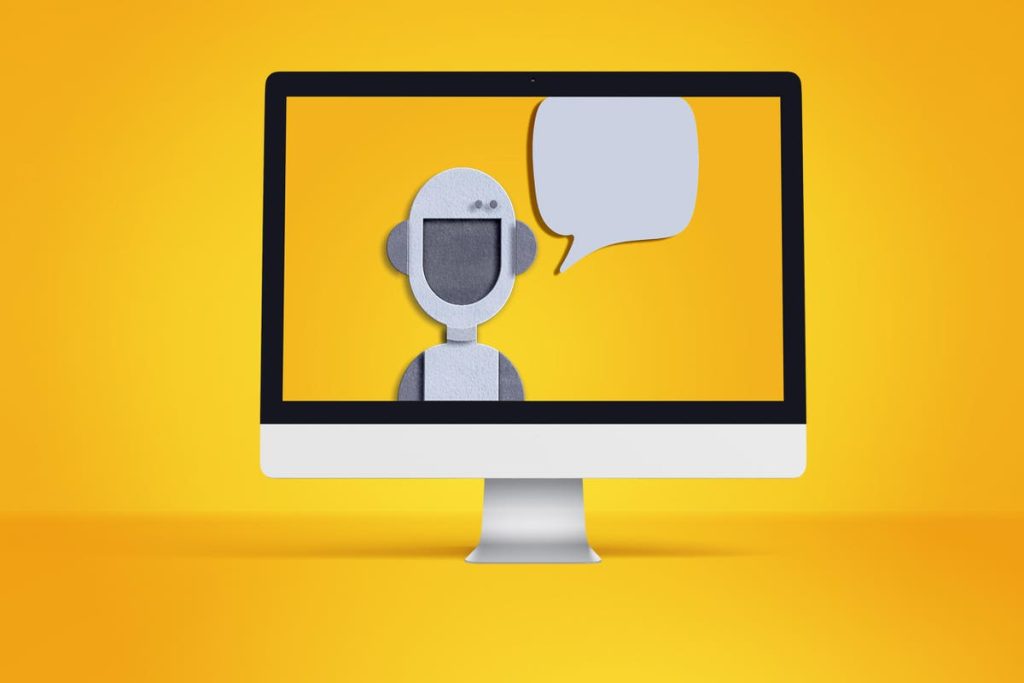Ori is the founder and CEO of Sowen, a social impact firm that organizations use data and technology and deliver measurable impact.
Artificial intelligence (AI) is rapidly advancing and its potential to revolutionize various industries is undeniable. In the consulting industry, I’ve seen AI make significant strides in assisting human consultants with data analysis and forecasting.
But as AI continues to evolve, the questions arise: How far can AI go? Will AI eventually replace human consultants altogether? Some argue that AI’s ability to process vast amounts of data and provide quick insights makes it a more efficient and cost-effective option. Detractors argue that human consultants bring a dimension of intuition, empathy and creativity that AI cannot replicate. So, who will come out on top in the battle between AI and human consultants?
AI’s Abilities And Limitations
AI consultants have the powerful ability to digest data from multiple sources and identify patterns and insights that human consultants may lack the time or expertise to uncover. Additionally, AI consultants can work around the clock, providing insights and recommendations even when human consultants are not available.
As AI algorithms ingest more data, they can refine their recommendations and become more accurate and effective. This can enable AI consultants to provide more value to clients over time without resource-intensive training or development.
But AI consultants have limitations like their inability to understand the nuances of human behavior and decision-making. Research shows that 90% of human interaction and communication is nonverbal. While AI can provide data-driven insights, it may struggle to incorporate emotional or social factors that influence decisions. Additionally, AI algorithms may not think creatively or deliver innovative solutions like human counterparts.
The quality of AI outputs is also highly dependent on high-quality data. If the data is incomplete or inaccurate, the recommendations may be impacted. This lack of complete data can also lead to bias. For example, if the data lacks diversity, which is often outside of the control of the AI itself, results may be skewed.
Another challenge for AI consultants is the need for transparency. Clients may hesitate to trust AI recommendations if they don’t understand how the algorithm arrived at its conclusions. Additionally, regulations such as GDPR and CCPA require companies to be transparent about how they use data, which can be challenging for AI consultants.
For The Love of Humanity
Human consultants bring a unique set of skills and abilities. I find their key advantage to be their ability to understand the human element in business, entrepreneurial and humanitarian settings. Good human consultants develop relationships with partners, understand their needs and motivations and tailor their recommendations accordingly. They create bonds based on empathy and trust. This provides a level of creativity and intuition that AI algorithms may struggle to match.
Human consultants also adapt to changing circumstances and provide personalized recommendations based on their lived experiences. This can help provide context and perspective that data analysis may lack. Human consultants can work collaboratively with their clients, fostering a sense of trust and partnership that can lead to long-term success.
Still, like AI, human consultants face their own challenges. The principle limitation I see is our capacity to gather, digest, analyze and translate data into insights for optimized decisions.
In the areas of data gathering, management and analysis, humans are far more prone to, well, human error, than AI. A small mistake in formatting or calculation can dramatically skew results. While this possibility also exists with AI, I find its likelihood considerably smaller. Another limitation is the need for learning and development. The industry is evolving, and consultants need to stay up to date on the latest trends to provide robust value.
What Expertise Are You Seeking?
A common belief is that AI and human consultants have different strengths and weaknesses depending on the industry. For example, in the healthcare industry, AI consultants can analyze large amounts of patient data to identify patterns and develop treatment plans. However, human consultants are needed to provide personalized care to patients. Similarly, in the finance industry, AI consultants can analyze market trends and make investment recommendations, but only human consultants can provide context and perspective based on their experience and expertise.
In his book Thinking Fast and Slow, Noble prize winner, Professor Daniel Kahneman, describes two “operating systems” for human behaviors and decision-making. System one is for quick calculations and near-instantaneous thinking. It happens automatically and with little effort. It governs a significant majority of our day-to-day decisions, and without it, we couldn’t function. It is also flawed and riddled with assumptions.
System two is slower and requires significant effort. It requires more input and leans heavily on experience and situational analysis. It is more calculated, nuanced and integrates inputs from multiple sources to creatively help decision-making.
In the question of human versus AI, it could be argued that the differentiation is more about the task at hand, rather than the industry in which the activity is taken. In tasks where a large amount of data processing, identification of trends or quick and efficient calculations are needed (a la system one), AI has the upper hand. In areas where nuance, creativity and calculations are required, or where complex situations do not have an obvious, direct answer, human input, often applied through system two is king.
The Future Of AI And Human Consultants
So, who will come out on top in the battle between AI and human consultants? The future of the consulting industry is likely to be a combination of AI and human consultants. AI will continue to evolve and provide rapid, valuable insights and human consultants will provide context, creativity and empathy. The key to success will be finding the right balance between AI and human consultants and leveraging the strengths of both.
Forbes Business Council is the foremost growth and networking organization for business owners and leaders. Do I qualify?
Read the full article here










